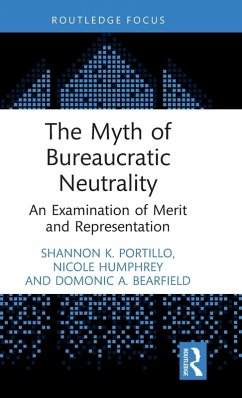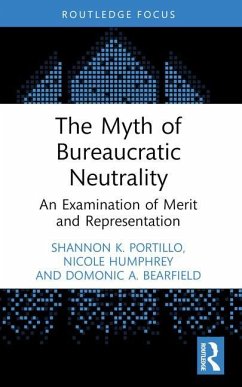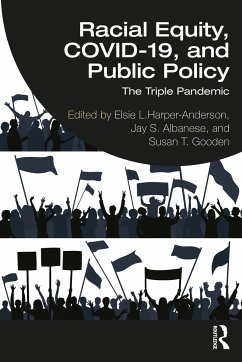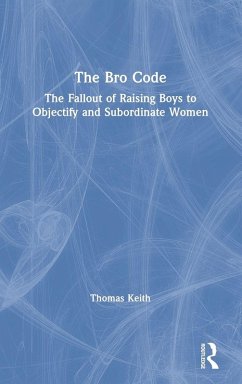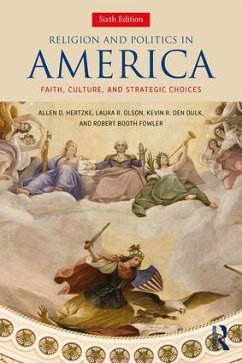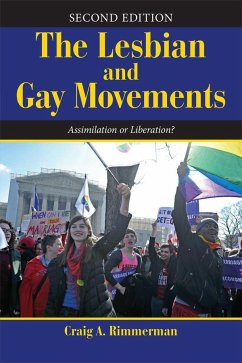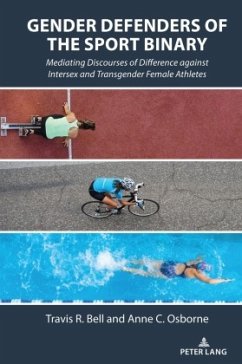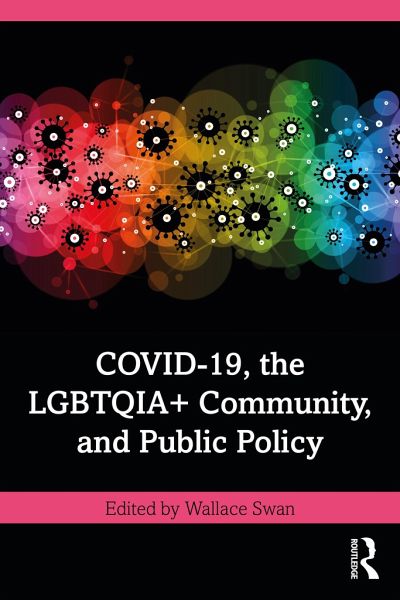
COVID-19, the LGBTQIA+ Community, and Public Policy
Versandkostenfrei!
Versandfertig in 6-10 Tagen
36,99 €
inkl. MwSt.

PAYBACK Punkte
18 °P sammeln!
The COVID-19 pandemic has exposed and exacerbated long-standing inequities, both in the United States and throughout the world. As studies emerge to help us understand the effects of the COVID-19 pandemic on every facet of modern life, it is critical that the effect of the pandemic on the Lesbian, Gay, Bisexual, Transgender, Queer, Intersexual, and Asexual (LGBTQIA+) communities not be overlooked. While some pioneering studies analyzing the impacts of the pandemic upon LGBTQIA+ communities have been conducted, and some efforts are being made to collect data which can impact the development of ...
The COVID-19 pandemic has exposed and exacerbated long-standing inequities, both in the United States and throughout the world. As studies emerge to help us understand the effects of the COVID-19 pandemic on every facet of modern life, it is critical that the effect of the pandemic on the Lesbian, Gay, Bisexual, Transgender, Queer, Intersexual, and Asexual (LGBTQIA+) communities not be overlooked. While some pioneering studies analyzing the impacts of the pandemic upon LGBTQIA+ communities have been conducted, and some efforts are being made to collect data which can impact the development of policy, reliable data resources are limited to a few enterprising states, and this data has not been systematically shared with public policy-makers or with the public to date. COVID-19, the LGBTQIA+ Community, and Public Policy explores precisely how the pandemic has affected these communities and what concrete steps need to be taken to ameliorate its effects.
As the chapters in this book demonstrate, the unusual nature of the pandemic has significantly impacted state and local LGBTQIA+ infrastructure, leading to closure of some institutions and reductions in functioning for many others. The contributors examine the ways the pandemic has highlighted preexisting challenges on accessing adequate healthcare (including mental healthcare and substance abuse treatment), employment, education, secure housing, and other societal resources. Together, these chapters present a state-of-the-field overview of health disparities in the LGBTQIA+ community, and demonstrate the particular need for serious, timely, public policy interventions.
As the chapters in this book demonstrate, the unusual nature of the pandemic has significantly impacted state and local LGBTQIA+ infrastructure, leading to closure of some institutions and reductions in functioning for many others. The contributors examine the ways the pandemic has highlighted preexisting challenges on accessing adequate healthcare (including mental healthcare and substance abuse treatment), employment, education, secure housing, and other societal resources. Together, these chapters present a state-of-the-field overview of health disparities in the LGBTQIA+ community, and demonstrate the particular need for serious, timely, public policy interventions.





